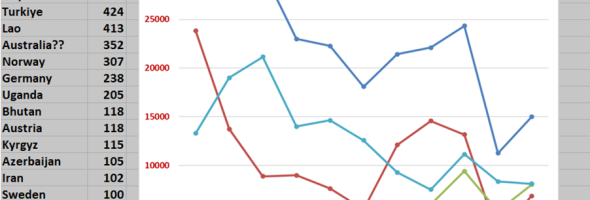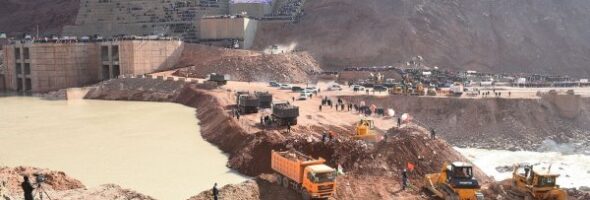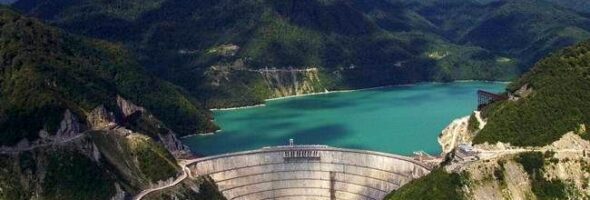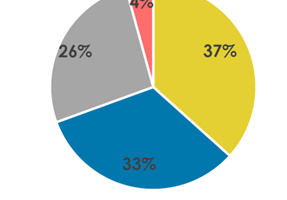State of Renewables: Hydropower is a Harmful Outsider
This week the International Renewable Energy Agency (IRENA) released a new Report Renewable Capacity Statistics 2025. Its contents are very predictable, almost boring: a new wave of unprecedented growth in renewable capacity installation in 2024. The 585 GW addition of RE last year holds a 92.5% share of the total …







